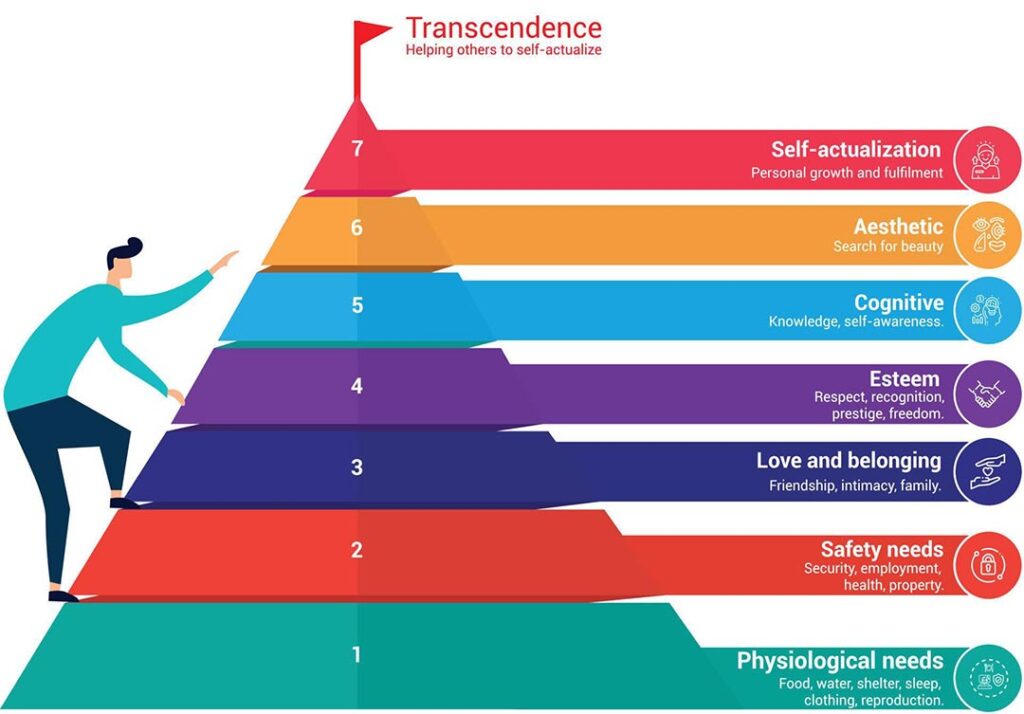The words money and economy are two important concepts that have a great place in the life of every individual. Therefore, not only those who are interested in finance, but everyone should have information about financial literacy in order to maintain their financial life and to ensure their financial freedom. The concept of financial literacy entered our lives for the first time in the early 1990s and now it has a very important place for both individuals and countries. The main reason why this concept is so important is that it is as important for individuals to manage their own economies as it is for countries to manage their economies.
The concept of financial literacy is a set of knowledge and skills that enable individuals to make the right decision about economically different financial situations. The World Bank (World Bank) and the Organization for Economic Cooperation and Development (OECD) are working on this issue. According to OECD research, most of the low-income individuals in the world ignore their future stress in some way. According to the survey conducted in 2020, in which 26 countries participated (the USA and the United Kingdom did not participate in this survey), it has been seen that only in Hong Kong, the majority of population had enough savings for at least six months. It has been observed that the majority of population in 7 countries, including Russia, Romania and Indonesia, only have savings for two weeks or less. The main reason for this situation is the low financial literacy of individuals. Financial literacy is both the ability of the individual to finance her own income wisely and to decide on the right investments and savings.
The concept of debt is common to every individual regardless of financial situation. People from all levels of society can get a loan from the bank, but everyone's way of managing this debt is different. In Turkey, 50 percent of debt holders pay off the debt with debt. According to the 2013 report of the Istanbul Chamber of Certified Public Accountants, one of the most important reasons behind the increasing demand for consumer loans and credit cards is the need to pay off existing debts. In the January-May period of 2013, the amount of cash withdrawal from domestic credit cards increased by 105 percent compared to the same period of 2008 and reached 15 billion 191 million liras. According to the 2020 data of the Turkish Banks Association, 24 million 269 thousand people used loans in June, and the loan amount was approximately 549 billion TL. As of July 2020, the amount of loans withdrawn from banks has reached 706 billion TL. The total amount of debt on individual credit cards is 115 billion TL. While 920,000 people used consumer loans for the first time in April alone, the ratio of loans to gross domestic product (GDP) increased from 38 percent to 47 percent in the last 6 months. All over the world, individuals often borrow to pay off their debts. The debt stress they experience further lowers the debt barriers of individuals. According to the 'Winning the Battle but Losing the War: The Psychology of Debt Management' study conducted at Ono Academic University, people think that they have found a solution to their indebtedness situation by taking higher interest loans to cover their low debts. This vicious circle problem, which we can call closing the debt with debt, can only be solved with a good financial awareness, that is, financial literacy awareness.
Financial literacy is generally examined under 3 main headings. The first topic is basic financial information. It is for individuals to know the basic finance concepts. The main ones of these concepts are savings, budget, insurance, investment, interest, inflation, credit, risk, asset, return, maturity and debt. The second heading is financial attitude. This concept is the situation in which individuals display a certain financial attitude based on their previous experiences, such as using and consuming their money carefully and saving. The third topic is financial behavior. This concept is related to individuals being able to manage their own budget accounts, regulating their shopping habits, managing their savings, savings and investments, as well as personal debts and loans, and individuals' ability to set financial targets in the short or long term and manage that process correctly. In the long run, saving contributes not only to individuals' own financial situation, but also to the country's economy; It increases the volume of savings and increases the general economic welfare of the country. The study that was conducted by Esma Durukal who's a faculty member of Adnan Menderes University that is in Aydın province indicated that when the individual customers of the three banks with the highest digitization rate throughout the province are examined, the customers in the 40-49 age group which has the highest financial literacy rate are the business owners among the occupational groups. The second highest group consists of students and customers aged between 20-29. The level of financial literacy of managers in the board of directors of companies as well as individuals is very important. The higher the financial literacy level of a country, the higher the quality of corporate governance practices. The importance of financial literacy for a company is due to its relationship with the highest governing body, the board of directors. Boards of directors have the task of controlling the financial statements and budget of the company in the simplest way in terms of strategic financial decisions of the companies, as well as defining the strategic goals of the company and making the financial decisions that the company will need. Therefore, financial literacy is also very important for companies. For example, the Capital Markets Board has required a certain level of financial literacy for the people who will take part in the boards of directors of the companies, even if it is only for listed companies. Because in order for companies to achieve their goals in the short and long term, at least top managers of the board of directors should have advanced financial literacy knowledge. Another important reason why the members of the board of directors should have this level of knowledge is to convince the investors who will invest in the company and tell them about the profit and loss status depending on the financial structure of the company, whether the assets are sufficient or not, and if the company's capital is used effectively, and lastly giving correct and clear information about the company's cash flow and planned growth rate.
The above-mentioned situation is valid for all commercial companies that have a very important place in the economy in our country. In general, all commercial companies can complement the productivity ratio of financial literacy with financial advisory service. These services are very important in terms of efficiency, profitability and strategic growth rate of companies.
As a result, necessary studies should be carried out to increase the level of financial literacy in our country, and the financial literacy rate should be increased because it is very important both for individuals' own budgets and savings and for companies when making financial strategic decisions. If companies pay attention to the financial literacy rate while selecting managers for their boards of directors, this will naturally reflect on the company's strategic plan and performance in the period. At the same time, the company's corporate governance practices will be better in the long run. In short, companies will be managed more strategically and efficiently both financially and institutionally.
Share:
Related Articles

What Awaits the Business World? A St ...
Digitalization is no longer just a technological trend but a necessity for ...

Digital Transformation in Conflict M ...
Conflict is a reality we encounter in all aspects of life. Whether at home, ...






























































